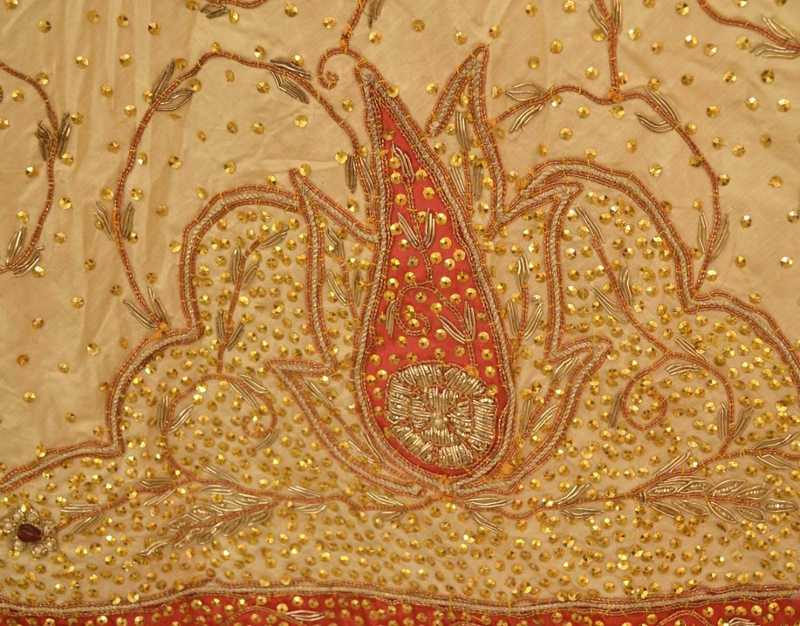===
0860,
12
===

=== |
 |
nuqṣān : 'Defect; deficiency; loss; waste; detriment, injury, harm, damage; blemish; prejudice; mischief'. (Platts p.1146)
kamāl : 'Completion, conclusion; perfection; excellence; something wonderful, a wonder'. (Platts p.847)
FWP:
SETS == KAHAN; POETRY
MOTIFS
NAMES
TERMS == INSHA'IYAHSRF assumes that the 'harm' in the speaker's being the 'master of accomplishment' of the age would be that he was in fact not very accomplished, or might even be entirely 'devoid of accomplishment'. But surely in the ghazal world, mediocrity is the last fate we'd expect the lover/poet/speaker to experience. Surely it's far more plausible that the speaker's uniquely bad fortune, or the madness generated by his passion, would affect the very age that he lives in (and that he represents by virtue of his poetic accomplishment).
After all, we have many verses in which Mir asserts his uniquely, even cosmically, terrible fortune. For a prime example, consider
{1080,5}.